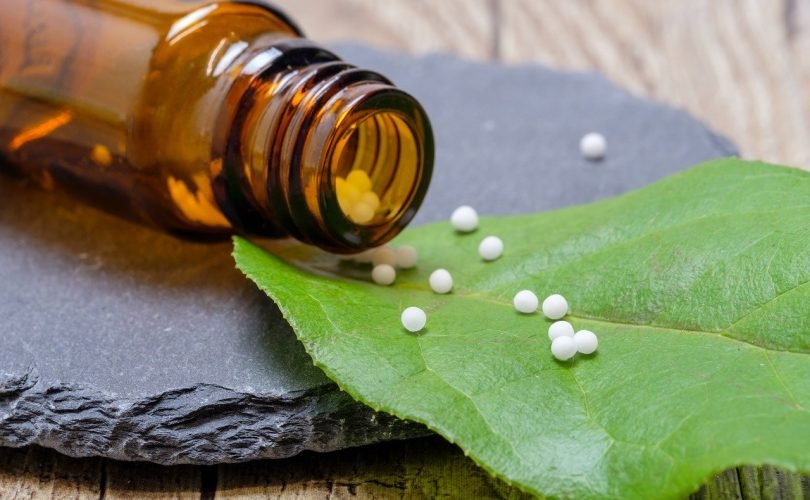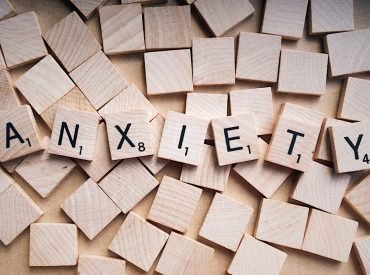An estimated 6 million people are still choosing Homeopathy in the UK and 200 million people worldwide. Between 2014 and 2015 £5 million was being spent on homeopathy in the NHS, down to £46,000 in 2019 – despite a ban and blacklisting, in 2017, NHS Drs issued 2000 homeopathic prescriptions.
In 2017, in what seems to have been, at the time, a devastating blow and huge step backwards, to public accessibility to free Homeopathic treatment, NHS England removed homeopathy from the NHS, despite The British Homeopathic Association challenging the decision in 2018. A high court ruling upheld NHS England’s decision and The Royal London Hospital for Integrated Medicine [now part of University College London Hospitals], was forced to drop homeopathic treatment and homeopathic remedies were blacklisted, even for practicing NHS Drs wishing to prescribe them.
Homeopathy was included as part of the National Health Service at its inception in 1948 and the Minister of Health, Aneurin Bevan, the driving force behind the NHS, provided a personal assurance on the future of homeopathy in the NHS.
In 2002 The Royal London Homeopathic Hospital joined University College London Hospitals NHS Trust, and was officially renamed The Royal London Hospital for Integrated Medicine, in 2010, to reflect more accurately, the work that it was doing in the complementary field of medicine.
Up to this time, from Homeopathy’s origins, the practice of homeopathy endured peaks as well as troughs in popularity. Homeopathy was the most successful treatment used during the 1854 cholera epidemic in London. The London Homeopathic Hospital, founded in 1849 by a contemporary of Homeopathy’s founder Dr. Samuel Hahnemann, MD, Dr. Frederick Foster Hervey Quin, demonstrated a superior rate of efficacy using homeopathic remedies to treat patients for this severe and life-threatening illness. Homeopathy’s critics may have failed to see its place in healthcare in the 21st Century, however the large shadow cast by Big Pharma on health across the globe, at this time, with huge amounts of money being spent on lobbying for more and more dubious health interventions, to be rolled out across populations, show that there is no better time to embrace homeopathic treatment and approach health care holistically, and avoid the pitfalls of over-medicalisation.
The increasing popularity for alternative or complementary medicine may be down to a number of factors: distrust for the heavily profit driven Big Pharma model – revelations about medications, like Statins and antidepressants [SSRIs], whose benefits have been over-exaggerated and whose negative side-effects under-stated are being reported more widely; and the Sackler family opioid scandal in USA has shone a bright light on corruption within medical licensing bodies, with profit over safety being a big concern for public trust. We are in an age of greater access to more independent commentators, who do not have vested interests in Big Pharma – main stream narratives are being challenged like never before, and I believe that there has been a genuine move and growing uptake towards more healthy lifestyles.
Despite the decision to blacklist Homeopathy from the NHS, homeopaths have been seeing a resurgence in popularity. Evidence of its efficacy is available, [article by Marcus Zulian Teixeira in Science Direct] and while the UK was taking a step backwards in terms of integrated and holistic healthcare, Switzerland was recognising the benefits of homeopathy as part of an integrated healthcare system. At around the same time, in 2017, that NHS England was blocking access to homeopathy, in Switzerland, homeopathy, along with holistic medicine, herbal medicine, acupuncture and traditional Chinese medicine, was awarded the same status as conventional medicine.
During the 2020 covid pandemic, homeopathic remedies were being deployed, as they have been, for numerous epidemics over the past 2 centuries, to address respiratory symptoms, and homeopathic pharmacies were busier than ever. The PubMed article, Beyond pharmaceuticals: The untapped potential of homeopathy in the battle against COVID-19, references numerous studies on Homeopathic remedies used during Covid [see reference section at the end of Letter to Editor, for links] Homeopathy has a place in NHS and I hope that, one day, it will be re-instated and everyone can access it’s gentle curative effects once again.
Please join me in supporting a campaign to return homeopathy to NHS by sharing your experiences here #ReturnHomeopathytoNHS on X – formally Twitter.
2020, which brought with it the Covid pandemic, also saw the veil lifting, for many people on the way in which the UK’s health policy is dictated by those who directly benefit from the sales of a medical procedure or drug. Our own current Prime Minister, then the Chancellor, has been embroiled in controversy regarding a “blind trust”; his links with the investment firm, Theleme with top holdings [34.6 % of the portfolio] in Moderna shares, awarded a contract in 2020 for 5 million doses of their Covid “vaccine” resulting in Moderna stock soaring to £32 Billion.
The public were being coerced into taking a novel medical procedure, rolled out worldwide, with promises of safety and efficacy without data in support, and punitive measures for workers whose right to decline was being threatened with “no jab, no job”. Individuals who wanted to wait for longitudinal studies to verify safety were having their rights infringed and being vilified for demanding the right to wait for analysis of the data from numerous adverse events that were being reported Worldwide to be revealed. Trust has been broken.
King Charles recently appointed Dr. Michael Dixon to the position of head of the royal medical household.
A Palace spokesperson said: “Dr Dixon is a practising GP; a Fellow of the Royal College of GPs; a fellow of the Royal College of Physicians; former chair of NHS Alliance; former co-chair of the National Social Prescribing Network; former NHS England national clinical champion for social prescribing and the chair of the College of Medicine. He also has an OBE for services to primary care.
“Dr Dixon does not believe homeopathy can cure cancer. His position is that complementary therapies can sit alongside conventional treatments, provided they are safe, appropriate and evidence based.
“As Prince of Wales, the king’s position on complementary therapies, integrated health and patient choice was well documented. In his own words: ‘Nor is it about rejecting conventional medicines in favour of other treatments: the term ‘complementary’ medicine means precisely what it says’.”
Despite homeopathy being less accessible to everyone in UK since 2017, unless you are in the royal household, with private consultations now being the only way to get professional homeopathic treatment, there are several homeopathic colleges that run low-cost homeopathic clinics and basic kits can be bought from homeopathic pharmacies, which provide a good selection of the most useful acute remedies. These kits come with a booklet for self-prescribing, which can be supplemented with a vast array of homeopathic publications for basic prescribing at home, so there are still ways of accessing homeopathy without too much cost, which provides fantastic acute support for all the family’s needs. I know that those who are using homeopathy and self-prescribing for their family without adding further pressure to our NHS are benefitting from homeopathy, and I hope that one day soon it will be once more offered on the NHS.





